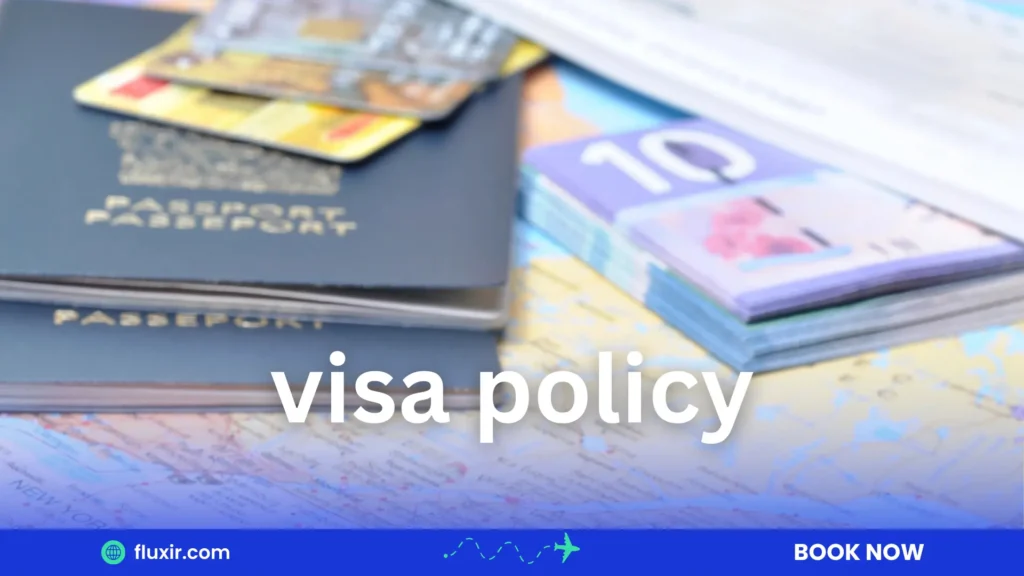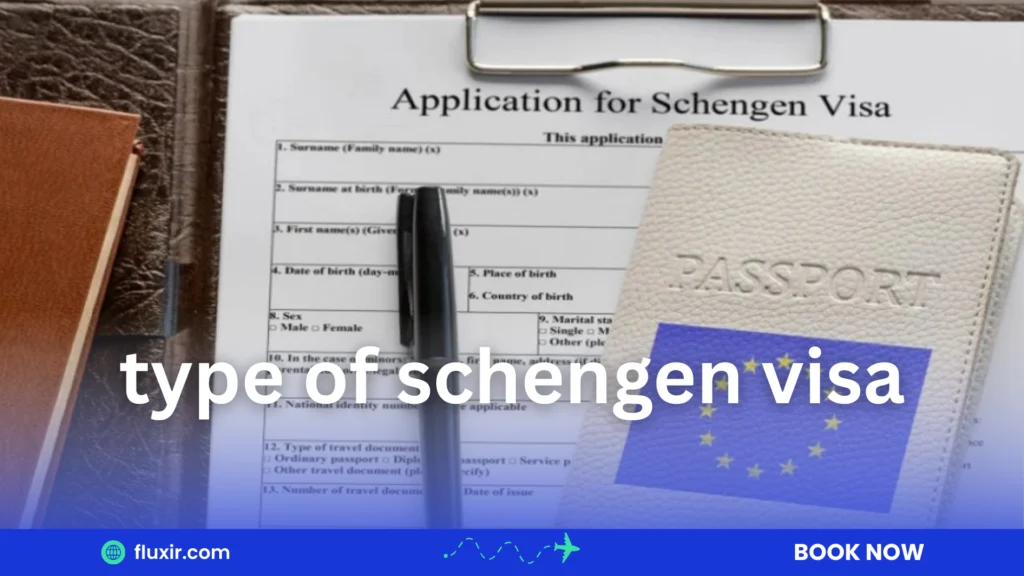2025 Visa Policy Changes: Everything Travelers Should Know
As the world becomes more connected, international travel has never been easier. However, the visa policies that govern these travels are constantly evolving, making it essential for travelers to stay updated on the latest changes. Whether you’re planning a holiday, a business trip, or relocating abroad, understanding the new visa policy changes in 2025 will ensure a smoother and hassle-free journey. This article will explain the key changes in visa policy for 2025, outline major trends in global visa policies, and give practical advice on how to prepare for these changes. With the rise of digital tools and sustainability initiatives, visa policies are increasingly impacting travelers from every corner of the world. Read on to discover everything you need to know about the evolving visa policy landscape. Key Countries Updating Their Visa Policies in 2025 Several countries are making notable updates to their visa policy in 2025. These changes reflect efforts to streamline entry processes, adapt to new security needs, and promote sustainable travel. USA The U.S. is introducing a new biometric visa system to enhance security. Travelers will be required to provide facial recognition data and fingerprints at entry points. It is also expanding its electronic visa system, allowing travelers from more countries to apply for their visa online. These changes will make the process faster but may require travelers to submit additional documentation. Canada Canada is improving its visa application process by implementing AI-assisted border controls. This will speed up the approval process for visitors and streamline entry for tourists. Canada is also exploring digital visas, where travelers will apply online, reducing the need for in-person embassy visits. United Kingdom The UK’s visa policy for non-EU travelers is being simplified with the introduction of the UK Electronic Travel Authorisation (ETA). Similar to the EU’s ETIAS system, this online application process will enable smoother and faster entry. Additionally, the UK is adjusting its visa processing times and fees, aiming to attract more international visitors. European Union (EU) countries The EU is making significant changes by launching the European Travel Information and Authorisation System (ETIAS) in 2025. This system will affect travelers from visa-exempt countries, requiring them to apply for authorization online before entering any Schengen Area country. The ETIAS system is expected to enhance security while easing the travel experience. UAE The UAE is offering more flexible visa options, particularly for travelers on business or for short-term stays. New visa types for remote workers and digital nomads will allow people to live and work in the UAE for extended periods. The UAE is also investing in AI to make the visa application process faster and more efficient. Major Trends in Global Visa Policy In addition to the individual country updates, there are several global trends shaping visa policies in 2025. These trends are a result of advancements in technology, security, and sustainability concerns. Digital Visas Digital visa applications are becoming the norm, allowing travelers to apply for visas from the comfort of their homes. Countries are increasingly moving away from the traditional in-person visa process and are implementing online systems that reduce paperwork and waiting times. This trend makes traveling more accessible, especially for business travelers and tourists who need quick approvals. AI-Assisted Border Control Countries are investing heavily in AI technology to streamline the border control process. AI systems can analyze biometric data, travel history, and security records to approve travelers more quickly and accurately. This technology not only speeds up entry but also enhances security by identifying potential risks before travelers arrive. Sustainability and Carbon Footprint Impact Sustainability is becoming a core consideration in visa policy changes. Countries are increasingly focusing on reducing the carbon footprint associated with travel, especially long-haul flights. Some countries are introducing “green visas” or providing incentives for travelers who use eco-friendly transportation methods or offset their carbon emissions. Additionally, some nations are imposing taxes on frequent flyers or those traveling for leisure. How These Changes Impact Tourists, Expats & Nomads As visa policies evolve, different types of travelers will experience varying impacts. Here’s how the changes in 2025 will affect different groups: Tourists For tourists, the shift toward digital visas and authorization systems means less paperwork and faster processing times. However, tourists from visa-exempt countries will need to be more mindful of applying for authorization through systems like ETIAS. The introduction of AI at borders also means more efficient checks, leading to shorter waiting times and quicker entries. Expats Expats will find that changes in visa policies, such as remote work visas and long-term stays, offer more opportunities for settling in different countries. Countries like the UAE are becoming more attractive for expats with their flexible visa options and digital nomad programs. Expats will also need to stay updated on new entry requirements like biometric data collection and updated medical insurance policies. Nomads For digital nomads, the global shift towards remote work visas means more countries are opening their doors to long-term stays. Visa policies in destinations like the UAE, Portugal, and Costa Rica now cater specifically to remote workers. However, these travelers will need to ensure they meet the new visa eligibility criteria, such as income requirements or proof of employment. Preparing for Visa Changes: What Travelers Need to Do Now As visa policies change, travelers need to prepare accordingly. Here’s a checklist of what you should do now to ensure you stay ahead of the curve: Check your passport’s validity: Many countries now require passports to be valid for at least six months beyond your intended travel date. Verify eligibility: Confirm that your country is still eligible for visa-exempt entry, or if you need to apply for a digital visa or ETIAS authorization. Review new requirements: Stay informed about the biometric data collection process, health insurance requirements, and other changes that may affect your entry. Apply early: As visa processing times may change, especially with digital systems, it’s best to apply well in advance of your trip. Plan for additional fees: Be aware of any new visa fees










